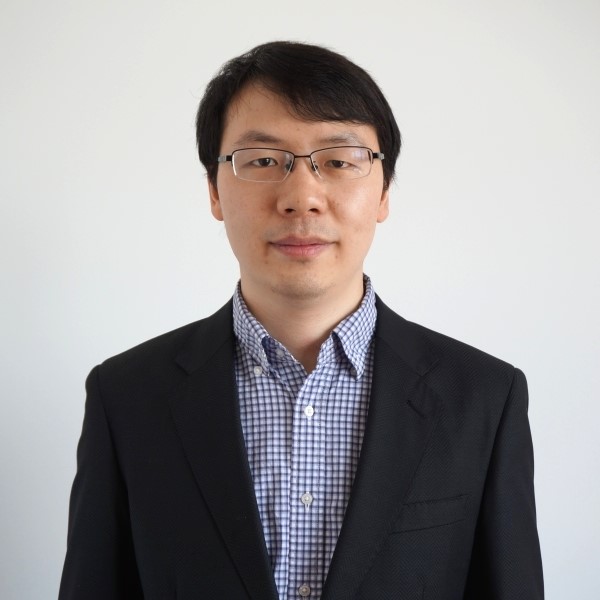时间:2016年11月24(周四)13:30-14:30
地点:郑裕彤医学楼D326
主持:张永辉 研究员
Development and Applications of Efficient Methods to Accurately Calculate Protein-Ligand Binding Affinities

Lingle Wang
Senior Principal Scientist
Computational Chemistry
Research and Development Division
Schrodinger, Inc. and Columbia University
Biography
Lingle Wang received his bachelor’s degree of science from the University of Science and Technology of China in 2007. He received his PhD degree of computational chemistry from Columbia University in 2011 under the supervision of Prof. Bruce Berne and Prof. Richard Friesner. Starting from 2012, he has been working at Schrodinger as a senior scientist, leading several research projects towards accurate and reliable prediction of Protein-Ligand binding free energies. Dr. Wang has made significant contributions in the development of WaterMap and FEP+ methods, which are now widely used in the drug discovery community.
Abstract
Biological processes often depend on protein-ligand binding events, so that accurate prediction of protein-ligand binding affinities is of central importance in computational biophysics and structural based drug design. Although many techniques exist for calculating protein-ligand binding affinities, the counterbalancing demands of speed and accuracy have left us with no completely satisfactory solution thus far. In this talk, I will present the recent progress we made towards accurate and reliable Protein-Ligand binding free energy calculations. With the recent advances of the enhanced sampling methods and the development of greatly improved protein and ligand molecular mechanism force field, accurate and reliable prediction of Protein-Ligand binding free energy has begun to generate very promising results. Prospective applications of these computational methods in drug discovery projects demonstrated the great impact they can bring to accelerate the drug discovery process.


